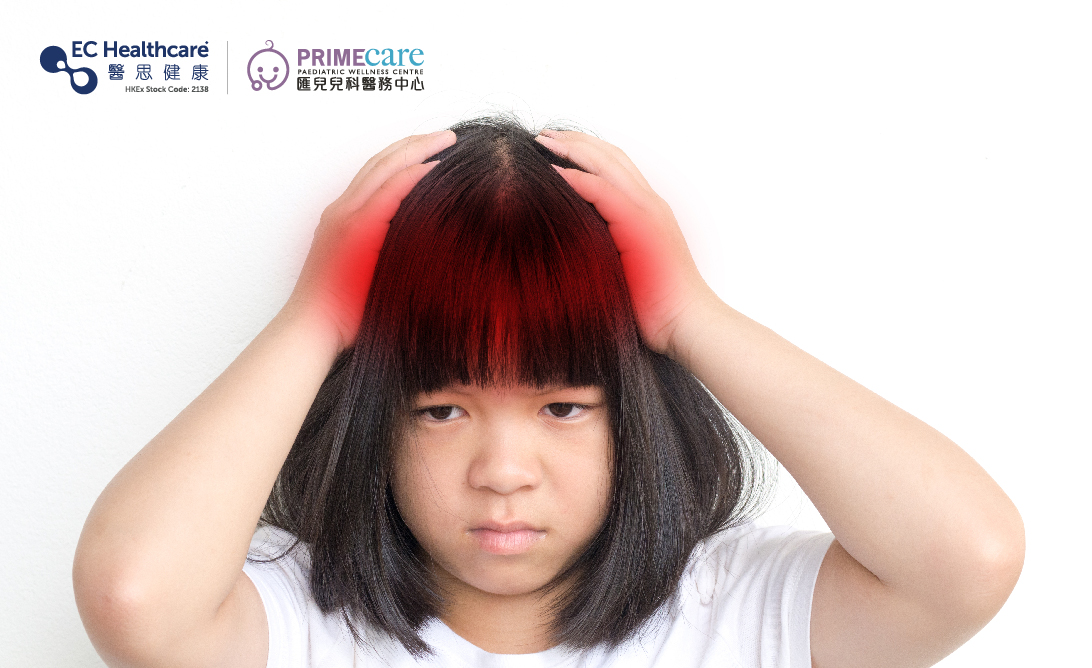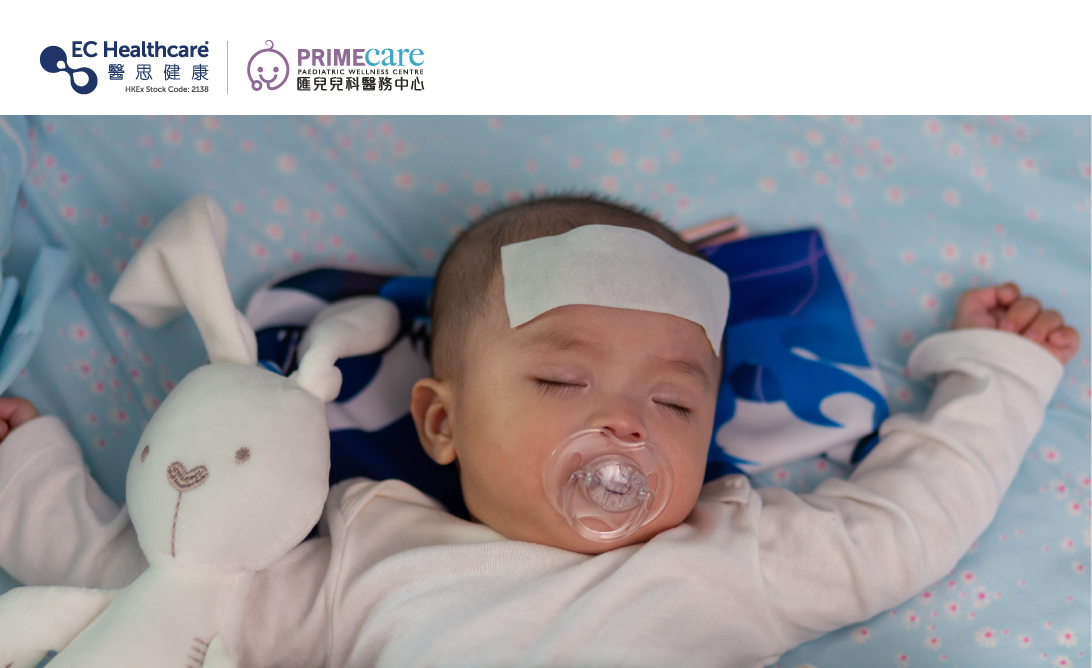Meningococcal Infection: A Deadly Threat to Children’s Immature Immune Systems


Meningococcal infection, caused by the bacterium meningococcus, poses a serious threat to children, whose immune systems are still developing. The bacterium is mainly spread through droplets from sneezes or coughs or respiratory secretion of the infected individual. The aggressive bacterium can invade a child's body swiftly and silently. Early symptoms resembling the flu, such as fever, headaches, vomiting, a stiff neck and painful and sore muscles, and sometimes red or purple rashes, may soon escalate to a life-threatening infection of the bloodstream (meningococcaemia) or membranes enveloping the brain and spinal cord.
The condition can worsen rapidly and lead to death within just 24 hours.10-20% of survivors will suffer from lifelong consequences such as hearing loss, brain damage, kidney damage, limb amputations, nervous system problems or severe scarring from skin grafting. These complications can have a lasting and devastating impact on a child's life, causing intellectual disability, developmental delay, involuntary movements in limbs, paralysis, and more.

35% of healthy adults carry the bacteria
Statistics reveal that around 4-35% of healthy adults carry meningococcus in their nasopharynx. Inhaling the droplets from sneezes or coughs or direct contact with respiratory secretion from the carrier can transmit the disease. If parents are meningococcus carriers, their child with an immature immune system can be easily infected with the disease via intimate contact with parents, posing a threat to their lives. To safeguard your child’s health, remember to wash your hands thoroughly before contacting your child and avoid touching the danger triangle of the face to reduce the risk of infection in your beloved child.

Prevention of meningococcal infection
Maintain good personal hygiene
Meningococcus is mainly transmitted by droplets from sneezes or coughs or respiratory secretion of the patient. That’s why personal hygiene is the key to effective prevention. You must wash your hands thoroughly after contacting droplets from sneezes or coughs and raise your child’s hygiene awareness. Furniture, toys and shared objects that your child often touches should also be cleaned frequently.

Meningococcal vaccination
Vaccinations are currently available to prevent meningococcal infection. Meningococcus has many serogroups, with A, B, C, W and Y causing most infection cases. In Hong Kong, serogroup B accounts for around half of the infections, but the early meningococcal vaccine only covers serogroups A, C, W and Y and is not effective in preventing cases caused by serogroup B. Meningococcal B (MenB) vaccine was not introduced in Hong Kong until 2019.
There are currently two types of vaccines suitable for infants with an effectiveness of 79-100% against meningitis B. You may also get your child vaccinated with MenACWY vaccines for comprehensive protection. Act now and seek medical advice from your doctor on getting your child vaccinated against meningococcal infection.
Related Brands



